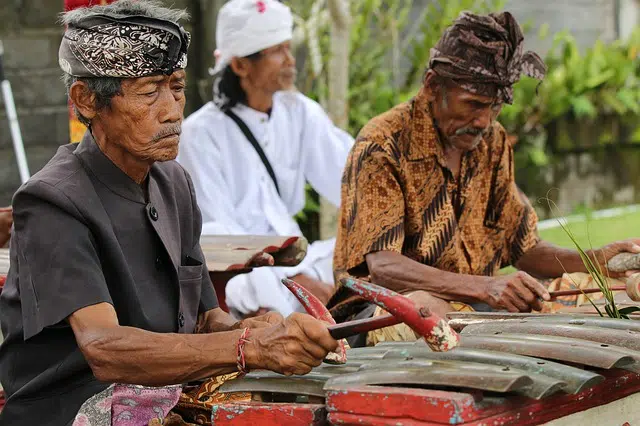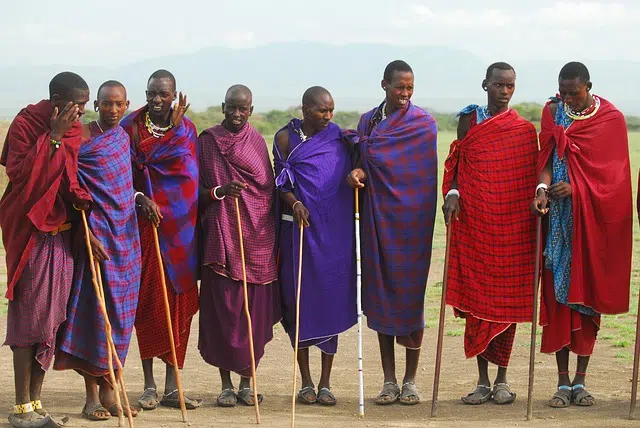
An ethnic group is a group of people with common characteristics and with whom they identify.
In order to discover the meaning of the term ethnic group , we will first proceed to know the etymological origin of the two words that give it shape:
-Group, first of all, is a word about which there are different theories. However, the one that gains the most strength indicates that it emanates from the Indo-European root “ger-3”, which could be translated as “crooked”. From there he passed into Germanic, Italian and French. It arrived in this last language as “groupe”, which meant “set of objects in painting” and “set of people”.
-Ethnic, secondly, we can indicate that it derives from Greek. Specifically, it comes from “ethnikos”, which is the result of the sum of two components of said language: the noun “ethnos”, which means “people” or “nation”, and the suffix “-ico”, which is used to indicate “relative to”.
What is an ethnic group
A group of people, animals, plants or other elements can be called a group . Ethnic , on the other hand, is that linked to an ethnicity : a community of human beings that is formed from cultural, racial, religious or other similarities or affinities .
An ethnic group , therefore, is a grouping of individuals who share certain characteristics with which they identify. Generally, the subjects that make up an ethnic group have a common history and ties to the same territory.
Some considerations
The idea of an ethnic group is usually related to sociocultural factors. That is why it is not very common for an ethnic group to be determined by race , associated with biological issues. The definition of ethnicity, however, is often a matter of debate.
It is important to keep in mind that ethnic groups are not directly linked to a country or state . That is why the members of a certain group can be distributed in different places. At the same time, several ethnic groups can coexist in a State.

The members of an ethnic group share certain sociocultural factors.
Examples of ethnic groups
The Kurds , for example, constitute an ethnic group with a presence in Turkey , Iraq , Iran and Syria . The Igbo , for their part, live in Nigeria , Equatorial Guinea and Cameroon , among other African countries .
One of the most widespread ethnic groups that do not identify with any particular State are the gypsies or Roma . Although they are usually sedentary today, gypsies were nomadic for a long time.
Other ethnic groups that exist throughout the world are the following:
-The Bribri, who live in Talamanca (Costa Rica) and survive thanks to the crops they grow (vegetables, bananas, cassava...) and the animals they raise, such as chickens. They have their own language, called Bribri, their religion is animist and it is the grandmothers who are in charge of transmitting the traditions and the language to the new generations.
-The urus, who live on the floating islands around Lake Titicaca. They have rituals to honor the Earth and their way of life and social hierarchy is totally primitive.
Discrimination and violence
Many times, minority ethnic groups in a country suffer persecution or are discriminated against .
There are even ethnic groups that were victims of genocide or forced into exile .
